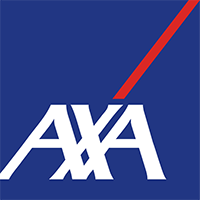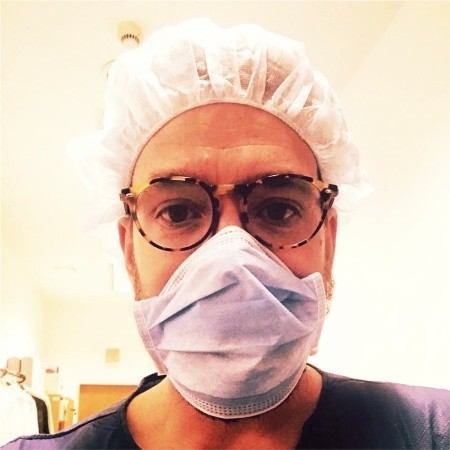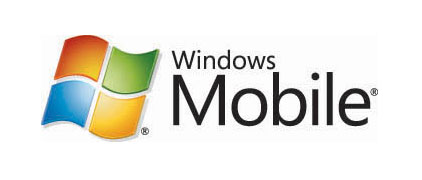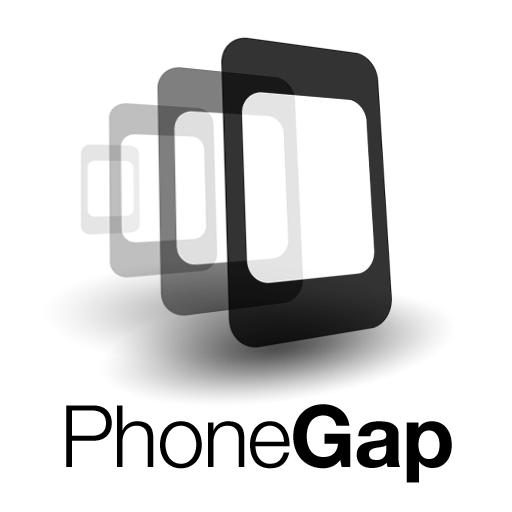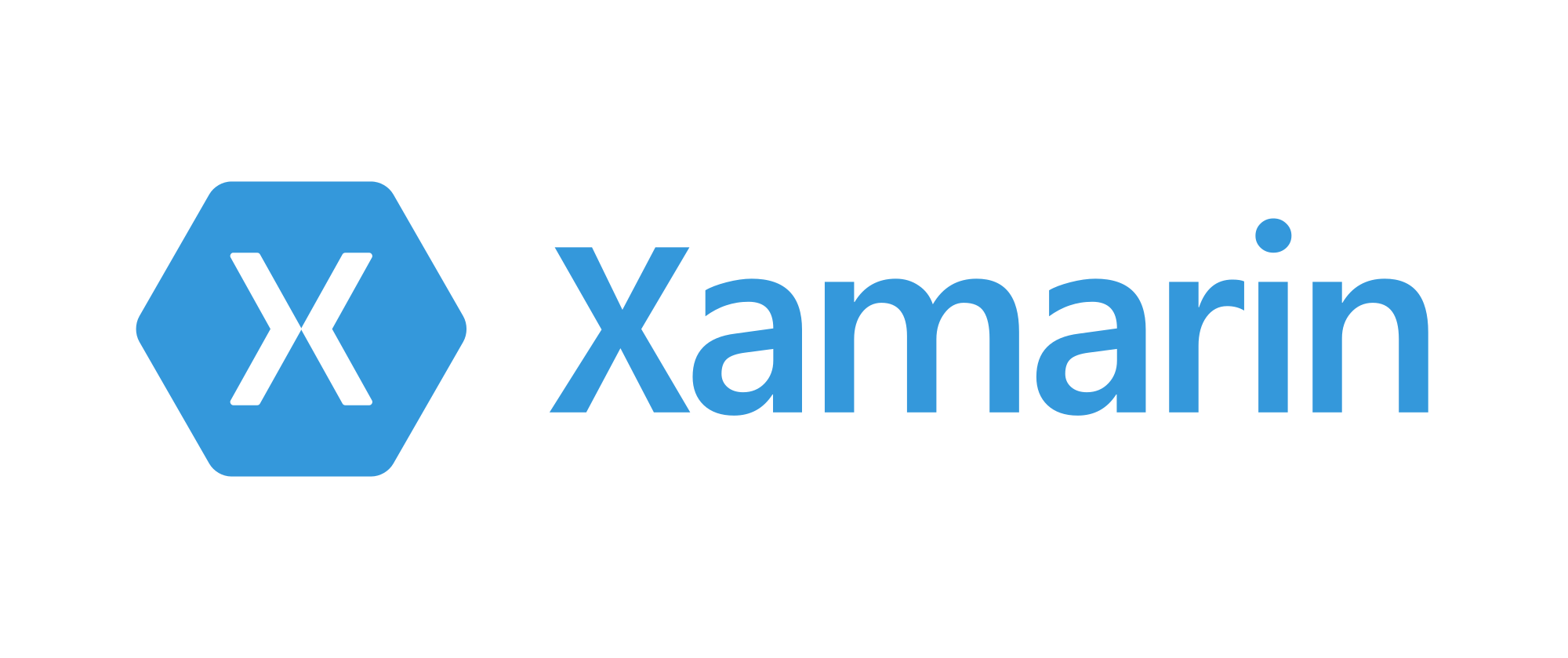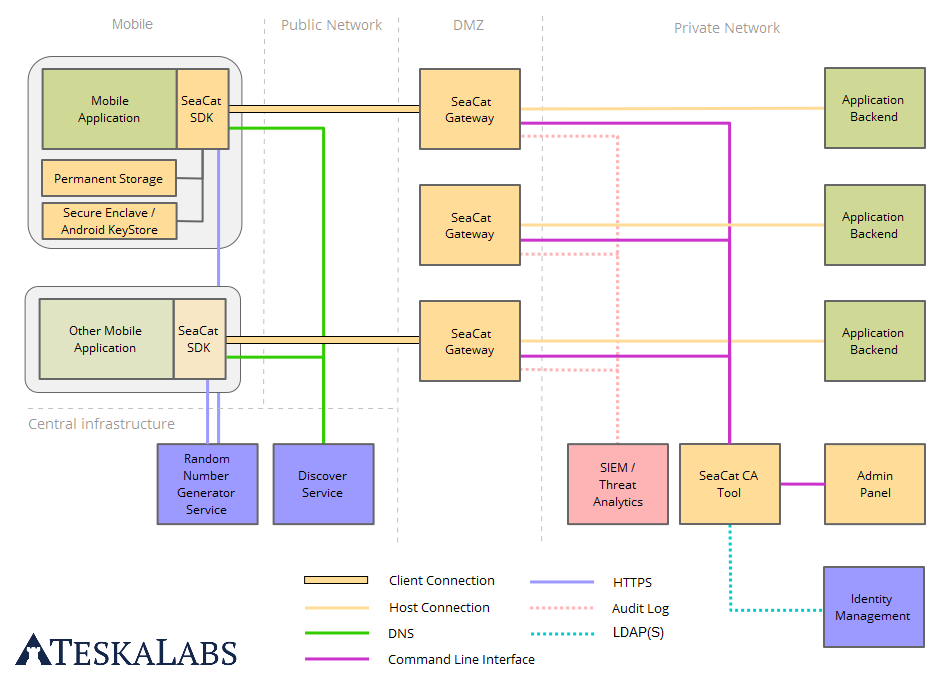
Electronic medical records applications allows doctors and nurses full portable access to the hospital’s medical records system. While these mobile applications can save time for doctors, they represent a problem for IT security departments. The main problem is that the doctors need to have access to medical information even when they leave the internal hospital network. For instance, it's typical that after surgery, the doctor wants to check up on the patient's status even while away from the hospital. This formerly was solved by either the doctor calling a hospital operator or, by sending an email. Calling to the hospital is time-consuming and sending an email is not secure.
MediCat enables doctors to securely connect to the Hospital Information System (HIS) via a public network (such as the Internet) using doctor's biometric data as a second factor for authentication. This way, doctors have access to relevant medical records at all times.
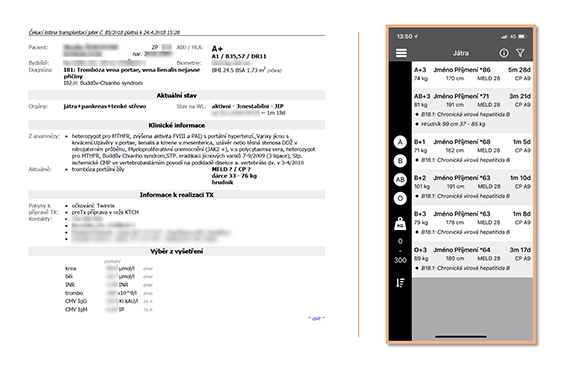
The transplantation process in the hospital is composed of various steps. Firstly, all the patients are added to the waiting list. Then when an organ donor appears, the doctor must choose the most relevant patient for the transplantation. The whole process is time sensitive, and the doctors need up-to-date patient waiting list at all times.
Before this mobile application was available, the hospital used emails to share the waiting lists with the doctors. This was problematic from the security point of view, and also because it was difficult to keep the doctor's waiting lists up to date. Each time a new version was published, the doctor was required to receive another email.
Using new mobile application for distribution of waiting lists was a significant step in the improvement of security and efficiency of Hospital operations. Each doctor has access to up-to-date information, the waiting list is automatically updated, and doctors are notified with each update. Moreover, there is a possibility to connect with transplantation coordinators via the mobile app directly.
MediCat provides secure storage on mobile devices to store waiting lists, biometric authentication for the doctors, secures communication with Hospital Information System and enables remote management of the application which enables to deny access to sensitive information in case the mobile device is lost.

Resident doctors are equipped with a mobile application to take photographs of patients. This application first authenticates the doctor using biometrics, which enables the doctor to take photos of the patient. Photographs are taken to document injury and other physical findings from the examination. After the picture is taken, it is transferred via a secure channel to the Hospital Information System (HIS). The HIS makes the picture available to other doctors.
MediCat provides secure storage on mobile devices to store the photographs and biometric authentication to secure communication with Hospital Information System.
Also, MediCat provides remote management of the application which enables denial of access to sensitive information in case the mobile device is lost.

